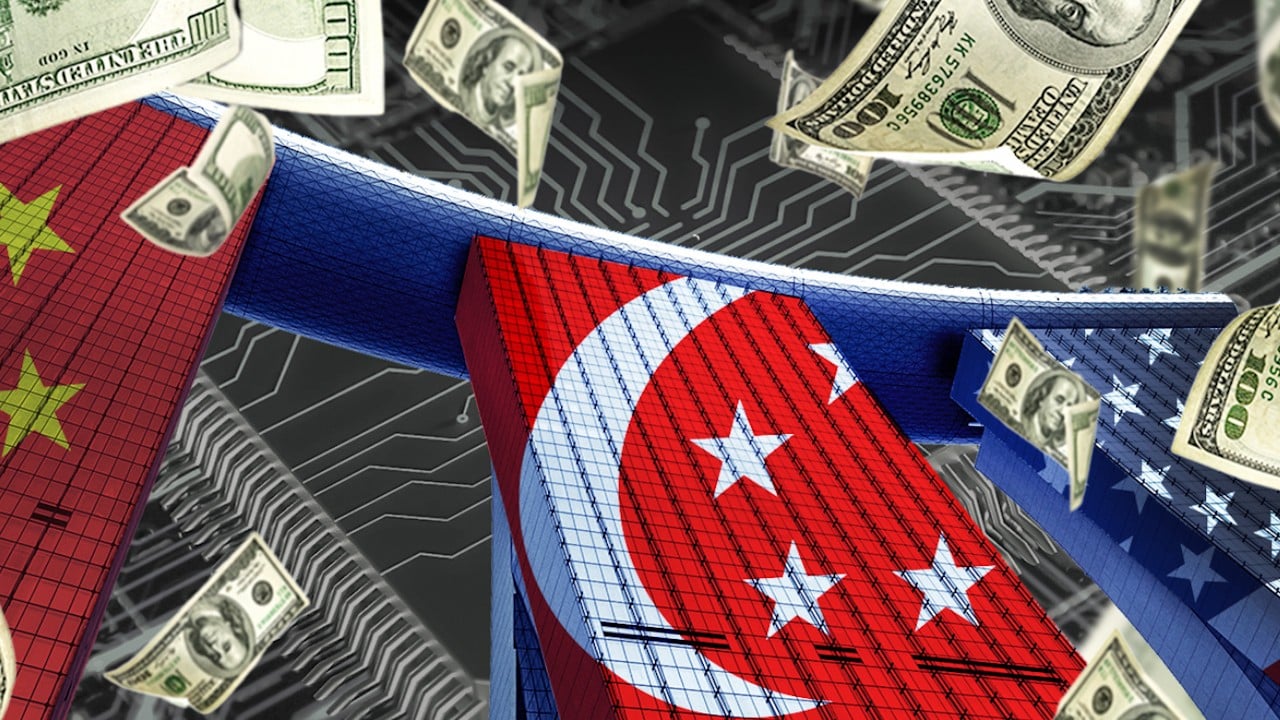US venture capital firm Matrix Partners has rebranded its regional entities in India and China, stopping short of a full spin-off à la Sequoia Capital and GGV Capital, amid a deepening technology divide between the US and China.
The venture firm said its India operations are now called Z47, while the China affiliate will be renamed simply MPC, shortening it from Matrix Partners China, the investor announced in a statement published to its website on Saturday. The original US entity will keep the Matrix Partners name.
The move is meant to emphasise the localisation efforts of regional teams, which are organisationally independent from each other, Matrix said in its statement. “Each team’s leadership has operated with separate decision-making and separate back offices from inception,” it added.
MPC did not immediately respond to a request for comment on Monday. The company told local Chinese media The Paper that “the change of logo doesn’t bring substantial change to Matrix”, and it will end issues stemming from confusion around the shared English name.
Matrix’s move to clearly delineate its regional operations is the latest in a string of similar efforts by US-originated venture firms to distance themselves from China affiliates amid the deepened divide between the two countries. US efforts to curb investment into China in sensitive hi-tech areas such as semiconductors and artificial intelligence have dampened some investors’ appetite for the market, reshaping the global investment landscape.
US venture fund Sequoia Capital’s abrupt decision to split its global operations into three geographic units – also split between the US, India and China – epitomises the efforts by US-based investment firms to escape escalating political scrutiny under the administration of US President Joe Biden.
Sequoia acknowledged in June last year when announcing the split that “it has become increasingly complex to run a decentralised global investment business”, although it avoided any mention of geopolitics.
Matrix Partners is among the earliest batch of US venture firms to set up shop in China. It launched there in 2008, well ahead of the mobile internet boom, and the unit today manages 70 billion yuan (US$9.6 billion) in assets.
